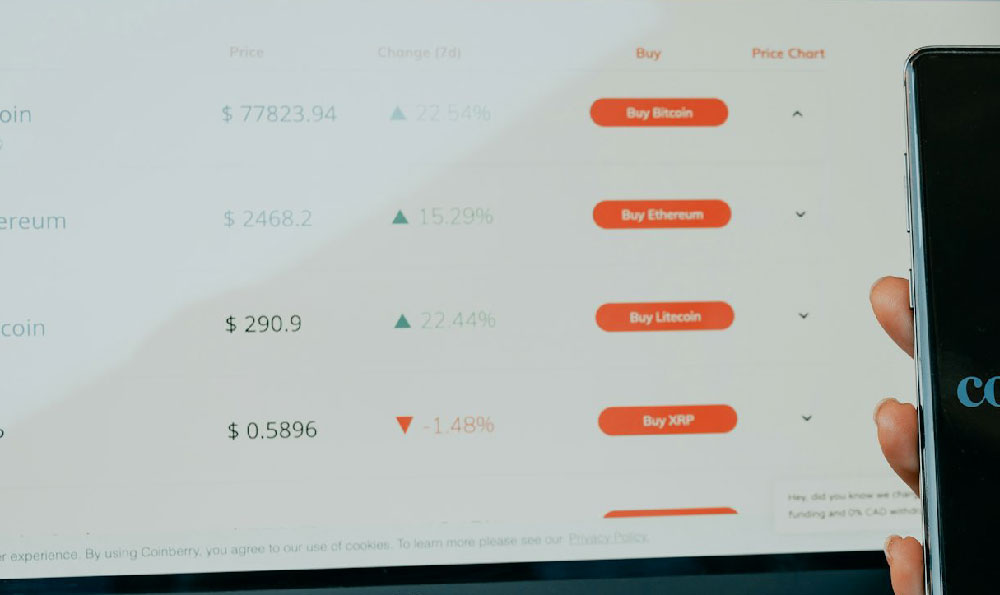Kramer, the eccentric and often outlandish character from the sitcom Seinfeld, isn't exactly a beacon of sound financial advice. His entrepreneurial ventures are typically short-lived, disastrous, and hilariously absurd. However, if we analyze his various money-making schemes (however flawed), we can glean insights into potential income streams, even if they require a healthy dose of comedic suspension of disbelief.
Kramer's income sources are, to put it mildly, diverse and unconventional. He rarely holds a traditional 9-to-5 job. Instead, he operates within the fringes of the economy, constantly pursuing fleeting opportunities. One of his most recurring sources of "income," albeit often more trouble than it's worth, comes from various schemes and scams. He's always trying to get in on the ground floor of something, whether it's a harebrained business idea, a questionable competition, or simply trying to exploit a loophole. Remember the time he tried to cash in on found items? Or when he became convinced he could return bottles and cans for a significant profit across state lines? These schemes, while ultimately unsuccessful, demonstrate a willingness to pursue entrepreneurial avenues, even if they're ethically dubious and logically unsound.
Another recurring income stream, although inconsistent and unreliable, arises from Kramer's connections with shady characters and underground economies. He frequently finds himself entangled in situations that involve questionable goods, black market deals, and informal exchanges of services. This might involve selling bootlegged merchandise, acquiring items through dubious means, or even acting as a middleman in illicit transactions. While these activities are clearly illegal and should not be emulated, they represent a potential source of income (albeit a dangerous one) for someone willing to operate outside the boundaries of the law. These ventures often end with Kramer owing money, facing the wrath of unsavory individuals, or simply being caught in awkward and compromising situations.

Kramer also sporadically benefits from his relationships with his friends, particularly Jerry Seinfeld. Jerry, being a successful comedian, often finds himself unintentionally supporting Kramer's lifestyle. Whether it's letting Kramer borrow money (which is rarely repaid), allowing him to raid his refrigerator, or simply tolerating his constant presence in his apartment, Jerry provides a crucial safety net that enables Kramer to pursue his outlandish schemes. This reliance on social support, while perhaps not an ideal long-term financial strategy, highlights the importance of strong social connections and the potential for leveraging those connections for personal gain.
More legitimately, Kramer occasionally stumbles upon opportunities based on his unique personality and unconventional skills. He possesses a certain charisma and a knack for persuasion, which he sometimes uses to his advantage. He might charm his way into free meals, negotiate favorable deals, or even convince people to invest in his hare-brained ideas. His eccentric personality, while often off-putting, can also be surprisingly endearing, allowing him to connect with people in unexpected ways and open doors that would otherwise be closed. He often finds himself in roles where his unique skills, such as his encyclopedic knowledge of New York City's hidden gems or his ability to navigate bureaucratic red tape, become valuable assets.
Furthermore, Kramer frequently benefits from serendipitous events and sheer dumb luck. He has a knack for being in the right place at the right time, often stumbling upon opportunities that others would miss. This could involve finding a valuable item, overhearing a conversation that leads to a profitable venture, or simply being the beneficiary of someone else's misfortune. While this reliance on luck is not a sustainable financial strategy, it underscores the importance of being open to new experiences and being prepared to capitalize on unexpected opportunities. His "chance encounters" are a running gag throughout the series and frequently serve as catalysts for his latest money-making attempts.
Another, more subtle, income stream derives from his "expertise," however questionable. People occasionally seek his advice or assistance on matters related to his specific areas of "knowledge." This might involve seeking his guidance on navigating the city, acquiring rare items, or simply tapping into his unconventional problem-solving abilities. While his advice is often dubious and his methods are unconventional, he sometimes manages to provide valuable insights or solutions, earning him a small fee or a favor in return. His self-proclaimed expertise is frequently exaggerated, but the fact remains that people occasionally seek his input, suggesting that he possesses a certain level of knowledge or skill that others find valuable.
Finally, while it's rarely explicitly mentioned, it's implied that Kramer receives some form of residual income from various investments or past endeavors. It's unlikely that he's sitting on a vast fortune, but it's possible that he has small investments that generate a modest income stream, allowing him to maintain a certain level of financial independence. This could involve royalties from past inventions (however unsuccessful), dividends from stock investments, or simply the accrued interest from a savings account. The exact nature of these investments is never fully explained, but it's reasonable to assume that they contribute to his overall financial well-being, however marginally.
In conclusion, Kramer's income streams are a chaotic mix of scams, schemes, social support, serendipity, and sporadic opportunities. He rarely relies on traditional employment, instead preferring to pursue unconventional and often disastrous ventures. While his financial strategies are clearly not to be emulated, they offer a humorous glimpse into the world of alternative income streams and the challenges of making a living outside the conventional workforce. His "success" is largely based on luck, the kindness of his friends, and a healthy dose of comedic exaggeration. While Kramer's approach is far from financially sound, it serves as a reminder that there are many different ways to make a living, even if those ways are unconventional, ethically questionable, and prone to spectacular failure. He is a caricature of the resourceful, if misguided, entrepreneur.












